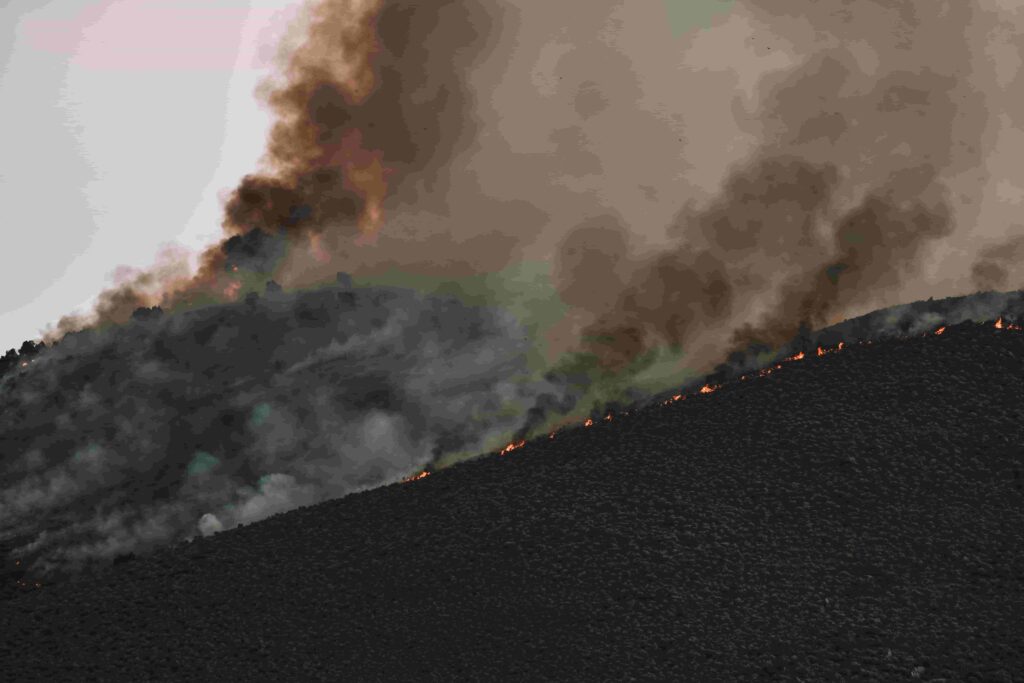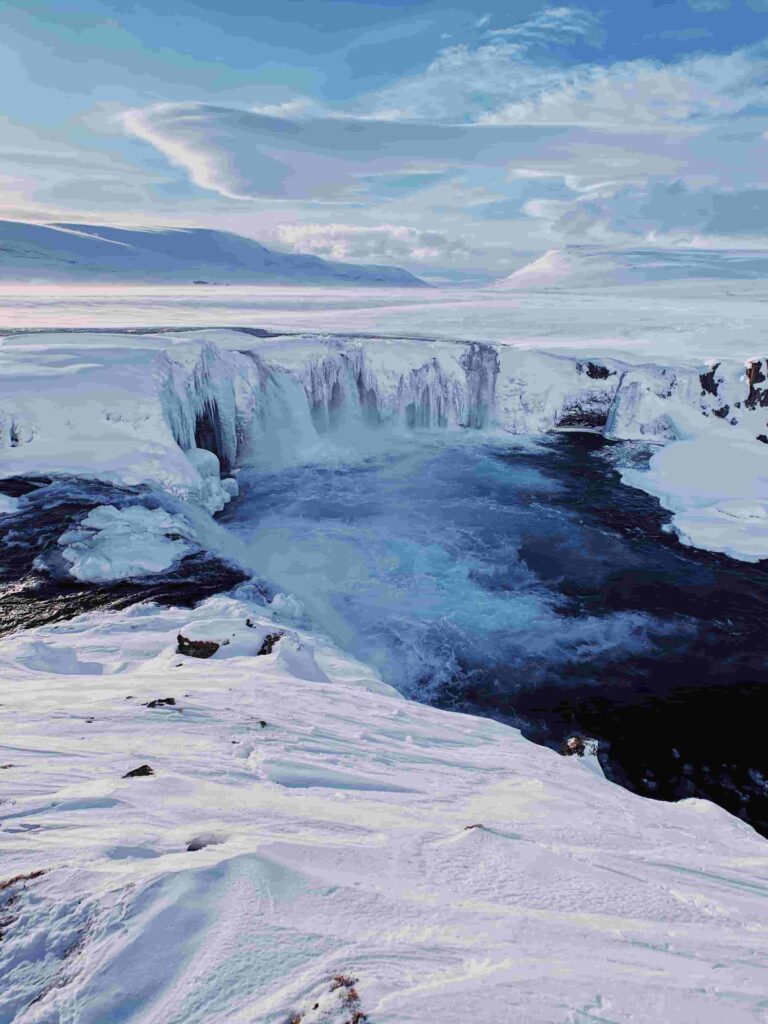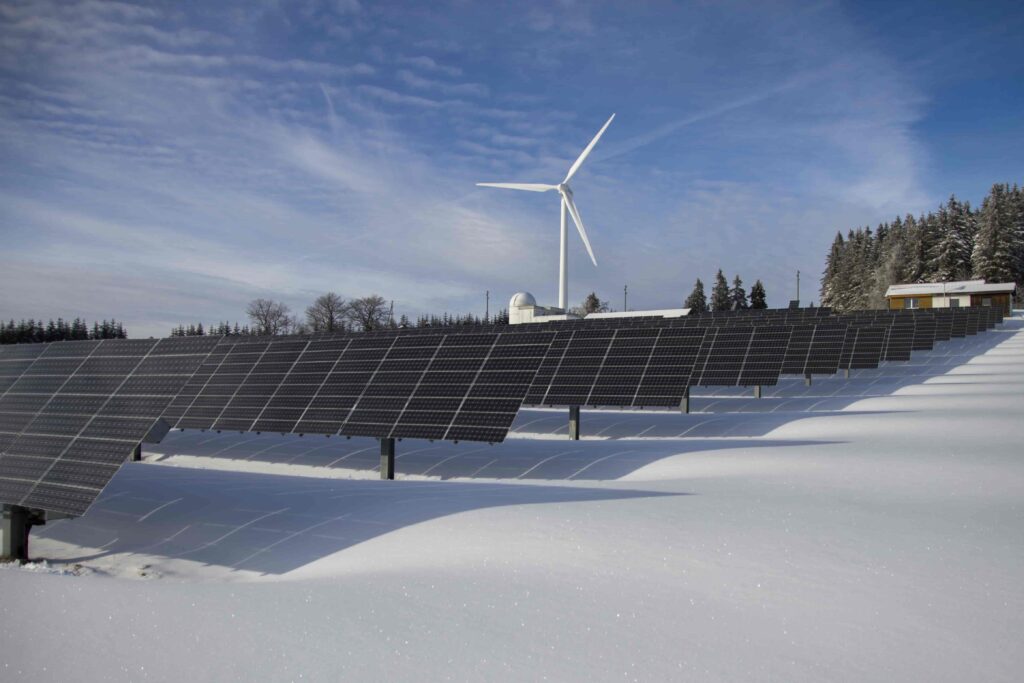विषयसूची
- परिचय
- Understanding Climate Change
- The Consequences of Climate Change
- Taking Action Against Climate Change
- निष्कर्ष
- Frequently Asked Questions (FAQs)
- Which primary greenhouse gases are accountable for driving climate change?
- How does global warming affect wildlife?
- Do personal efforts have the capacity to impact the fight against climate change?
- What is the Paris Agreement, and how does it relate to climate change?
- How can I get involved in climate change activism?
- Are natural factors responsible for global warming?
- How does climate change affect agriculture?
- Is there hope for mitigating global warming?
- What is the role of international agreements in combating climate change?
परिचय
Long-term changes to Earth’s typical weather patterns are known as climate change, sometimes known as global warming. This phenomena has important effects on ecosystems, human societies, and the environment. Every region of the world is being impacted by the impending threat that global warming poses to our planet. We will delve into the complexities of climate change in this essay, looking at its sources, effects, and the pressing need for mitigation measures. Let’s begin this adventure by gradually removing the layers of this complicated problem.
Understanding Climate Change

What Is Climate Change?
Long-term modifications to Earth’s typical weather patterns are referred to as climate change. It includes variations in temperature, precipitation, and wind patterns that are frequently brought on by the environment or by human activity.
The Science Behind Climate Change
To grasp the essence of global warming, it’s essential to understand the science behind it. Climate change is primarily driven by the greenhouse effect, where certain gases in the Earth’s atmosphere trap heat, leading to a rise in global temperatures. Activities performed by humans, such as burning fossil fuels, deforestation, and industrial operations, release these greenhouse gases into the environment, especially carbon dioxide (CO2) and methane (CH4).
Causes of Global Warming
Greenhouse Gas Emissions
One of the primary drivers of global warming is the excessive release of greenhouse gases, such as carbon dioxide (CO2) and methane (CH4), into the atmosphere. As a result of these gases’ tendency to absorb heat, global temperatures are gradually rising.
Deforestation
Reducing forests through deforestation contributes to climate change by diminishing the Earth’s ability to absorb CO2. Trees are essential for capturing carbon and upholding the equilibrium of greenhouse gases.
Industrialization
The expansion of industries and the burning of fossil fuels release pollutants that further exacerbate the greenhouse effect, accelerating global warming.
The Consequences of Climate Change

Rising Sea Levels
As global temperatures rise, polar ice caps and glaciers melt, causing sea levels to increase. This phenomenon leads to coastal erosion, threatening the livelihoods of millions.
Ocean Acidification
Ocean acidification has been brought about by the oceans’ absorption of excessive CO2. This threatens marine life, including coral reefs and shellfish, which rely on a stable pH balance.
Extreme Weather Events
Climate change intensifies extreme weather events like hurricanes, droughts, and wildfires, which have devastating impacts on communities and ecosystems.
Biodiversity Loss
Shifts in climate patterns disrupt ecosystems, endangering countless species and leading to biodiversity loss on an unprecedented scale.
Food and Water Scarcity
Changing weather patterns can disrupt agricultural systems, leading to food scarcity. Additionally, altered precipitation patterns can result in water shortages, affecting billions of people.
Taking Action Against Climate Change

Renewable Energy Sources
By switching to sources of clean energy like wind and solar energy, the release of greenhouse gases can be greatly reduced.
Reforestation Efforts
Initiatives to replant and protect forests can aid in carbon sequestration and mitigate global warming.
Sustainable Practices
Adopting sustainable practices in agriculture, transportation, and industry can reduce our carbon footprint.
निष्कर्ष
In conclusion, climate change poses a grave threat to our planet’s health and stability. It affects every aspect of our lives, from the environment to our economies. By understanding its causes, impacts, and solutions, we can work together to address this challenge and create a sustainable future for generations to come. We must take immediate action to address this issue. By reducing greenhouse gas emissions, protecting our forests, and embracing sustainable practices, we can work together to mitigate the impacts of global warming and secure a brighter future for generations to come.
Frequently Asked Questions (FAQs)
Which primary greenhouse gases are accountable for driving climate change?
The key culprits among greenhouse gases include carbon dioxide (CO2), methane (CH4), and nitrous oxide (N2O).
How does global warming affect wildlife?
global warming disrupts ecosystems, leading to habitat loss, altered migration patterns, and the endangerment of numerous species.
Do personal efforts have the capacity to impact the fight against climate change?
Absolutely! Small changes in daily life, such as reducing energy consumption and waste, can collectively have a significant impact on mitigating climate change. Individuals can reduce their carbon footprint by conserving energy, using public transportation, and supporting sustainable practices.
What is the Paris Agreement, and how does it relate to climate change?
The Paris Agreement stands as a global treaty with the goal of capping the rise in global temperatures to significantly less than 2 degrees Celsius above the levels seen in the pre-industrial era. It encourages countries to reduce greenhouse gas emissions and adapt to the effects of global warming.
How can I get involved in climate change activism?
There are many ways to get involved, from supporting environmental organizations to participating in local clean-up events and advocating for climate-friendly policies.
Are natural factors responsible for global warming?
While natural factors, such as volcanic eruptions and solar variations, influence climate, the current rapid warming is primarily due to human activities.
How does climate change affect agriculture?
Climate change can impact agriculture through altered precipitation patterns, increased temperatures, and more frequent extreme weather events, leading to crop losses and reduced yields.
Is there hope for mitigating global warming?
Yes, there is hope. By taking immediate and concerted action to reduce greenhouse gas emissions and implement adaptation measures, we can mitigate the worst effects of global warming.
What is the role of international agreements in combating climate change?
International agreements, such as the Paris Agreement, play a crucial role in bringing countries together to set targets and coordinate efforts to combat climate change on a global scale.

